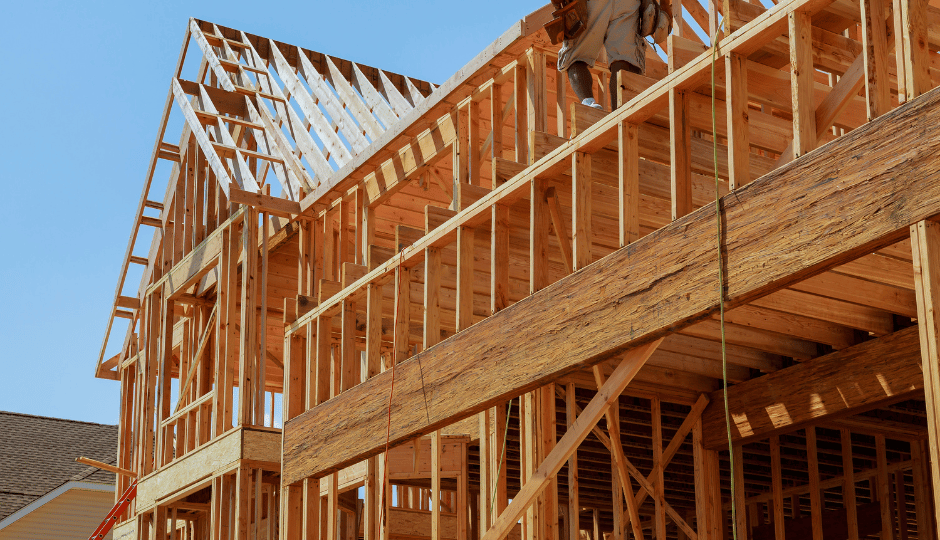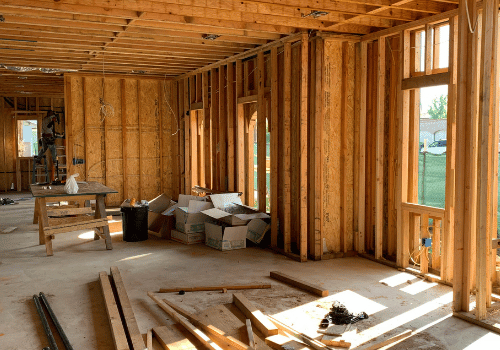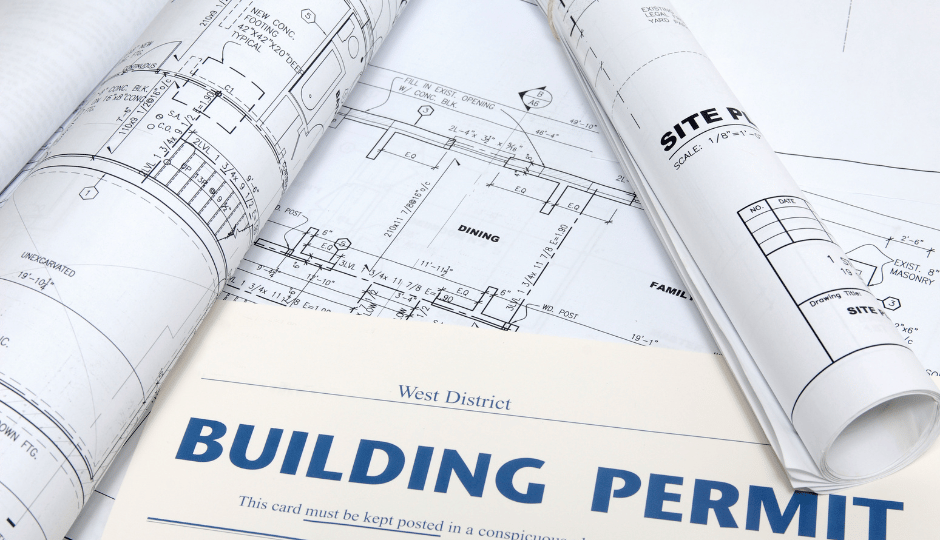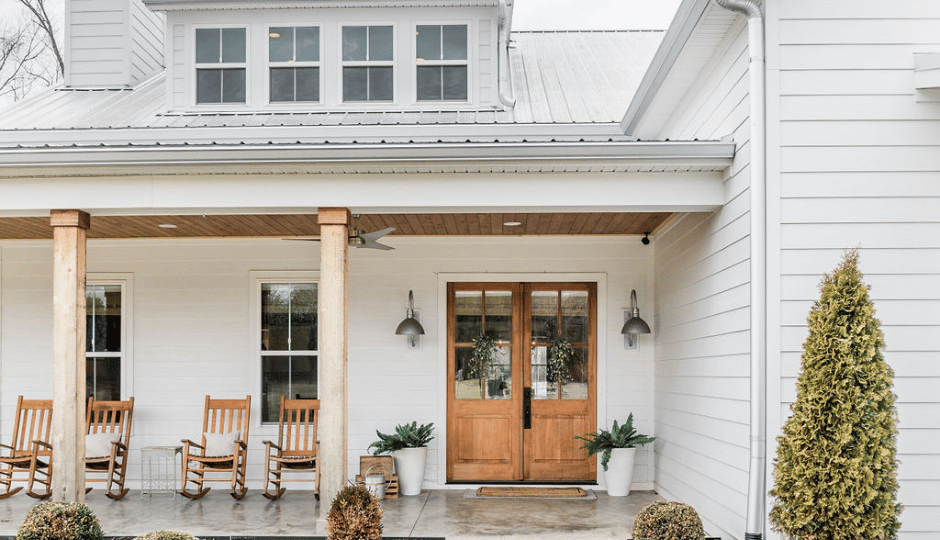Hiring a general contractor for a home renovation or new build is a smart move for homeowners who want professional oversight, cost control, and peace of mind. But how much does it actually cost to hire a general contractor? Let’s break it down.
What Does a General Contractor Do?
A general contractor (GC) manages construction projects from start to finish. Their responsibilities typically include:
- Creating cost estimates based on your design and scope of work
- Assisting with design and material selections
- Establishing and managing budgets
- Coordinating subcontractors and tradespeople
- Scheduling inspections and pulling permits
- Ensuring the work meets local codes and quality standards
- Providing support after the project is completed
Hiring a GC can help streamline the building process and minimize costly mistakes or delays.
Pre-Construction Services
Many general contractors offer pre-construction services, which may include:
- Site evaluations
- Early-stage budgeting
- Design collaboration
- Material research
- Permit planning
Some contractors offer these services for free, but most charge a fee. This can be a flat rate or hourly, and it may range from a few thousand dollars to more, depending on the size and complexity of your project.
These services are often provided before you sign a full construction contract and can help you understand feasibility, scope, and realistic costs before committing to build.
Contractor Fee Structures
Contractors may structure their fees in different ways depending on the project:
1. Hourly Rate
You pay for the time the contractor spends working on your project. This is more common during the planning or consultation phase. Rates can range widely but typically fall between $50 to $100+ per hour.
2. Pre-Construction Agreement
A separate agreement covering planning, budgeting, or design collaboration. This could be a flat fee or hourly rate and may be credited toward construction if you move forward with the same contractor.
3. Fixed-Price Contract
You agree to a total project cost, which includes all materials, labor, markups, overhead, and profit. This type of contract provides budget clarity but doesn’t always show how each line item is calculated.
4. Cost-Plus Contract
You pay the actual costs of labor and materials plus a percentage markup. This approach is more transparent, as it itemizes the actual costs and clearly shows the contractor’s profit and overhead.

When Do You Pay?
Payments are usually made in installments:
- A deposit (typically 10–25%) is paid upfront
- Progress payments are made at key stages (e.g., framing, drywall, finishes)
- The final payment is made upon completion and inspection
Payment schedules are often tied to milestones rather than specific dates to ensure that progress aligns with billing.
Is Hiring a General Contractor Worth It?
While hiring a general contractor adds to your overall project cost, the value they bring in project management, quality control, and stress reduction often makes it worthwhile. They coordinate trades, troubleshoot issues, and ensure work is completed to code — saving you time, hassle, and money in the long run.
If hiring a GC for the full build is beyond your budget, you might consider working with one during the planning stage or hiring them on an hourly basis for guidance.

Final Thoughts
Understanding how general contractors charge — and what services they provide — will help you make more informed decisions about your next construction project. Whether you’re building your dream home or remodeling a kitchen, a good GC can make the process smoother, more efficient, and ultimately more successful.




